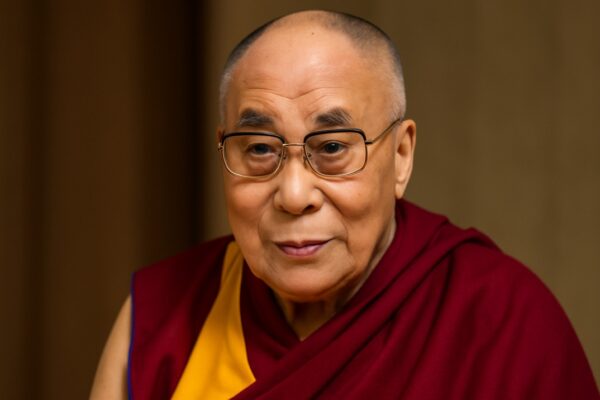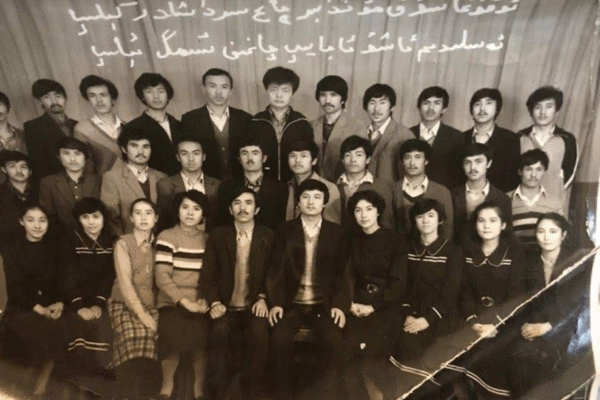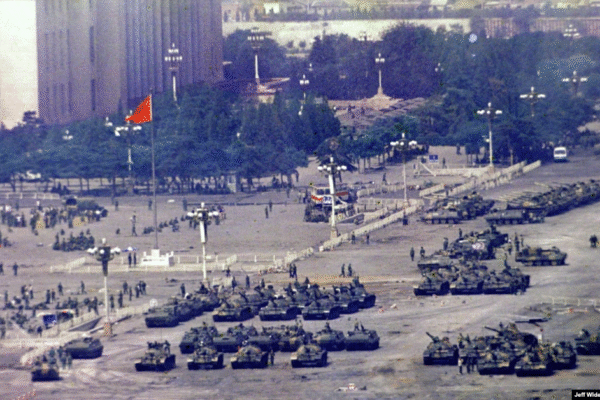
Philippines, India conduct joint exercises in South China Sea
Indian and Philippine naval crews sailed together for the first time in the South China Sea, officials said on Monday, one of several joint exercises the Philippine navy has held to counter China’s far-reaching maritime claims. The two-day joint sail included three Indian ships. It began on Sunday, a day before Philippine Prime Minister Ferdinand Marcos left for a five-day state visit to New Delhi that will include talks with Indian Prime Minister Narendra Modi. Before departing, Marcos lauded the two countries’ “shared values” and “steadfastness in upholding international maritime law.” China claims almost all of the South China Sea, a critical shipping route that’s also partially claimed by Brunei, Indonesia, Malaysia, the Philippines and Vietnam, despite an international arbitration court in 2016 ruling that its assertions had “no legal basis.” Beijing did not accept the ruling. A spokesperson for China’s military on Monday said that Chinese ships had conducted patrols in the South China Sea during the same period as the joint exercises. The spokesperson said those patrols were “routine,” but said that the joint exercises “disrupted regional peace and stability.” The Philippines has pressed its claims over the disputed waterway in recent months, enacting new laws, pushing for a maritime code of conduct, and considering new international lawsuits. Since 2023, it has conducted joint exercises with partners including the U.S., Japan, Australia, France and Canada. This year, Manila and Beijing have expressed their quarrel in the physical world — with each country’s coast guard unfurling a flag on a contested sandbank in April — and in cyberspace, jousting over a Google Maps update labeling part of the waterway the “West Philippine Sea.” Includes reporting from Agence France-Presse and Reuters. We are : Investigative Journalism Reportika Investigative Reports Daily Reports Interviews Surveys Reportika










